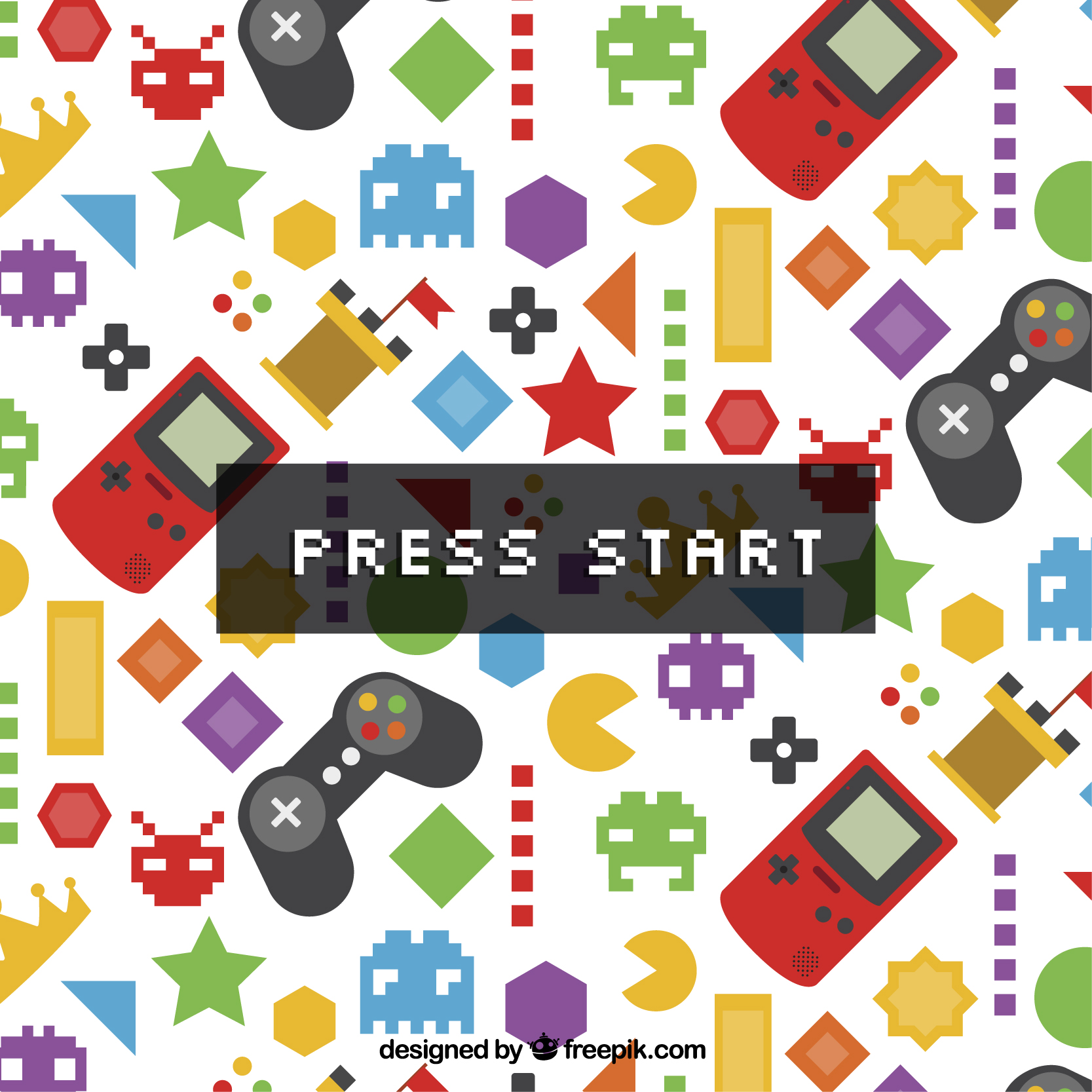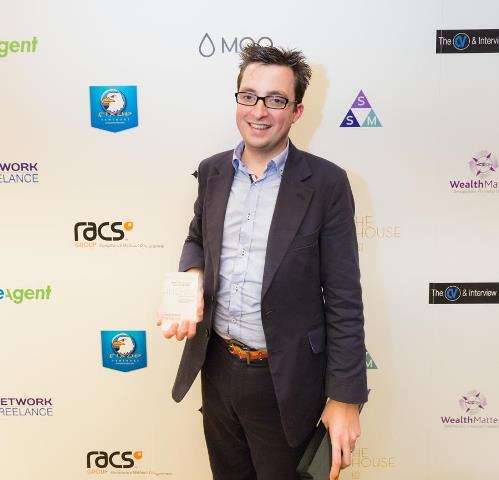Ahhh, the internet, how we love thee… it’s made so many plans come together, between people who might have never met otherwise. Physical, temporal restrictions aren’t a factor in today’s digital economy, and that’s led millions of entrepreneurs to consider outsourcing their web projects. Why rely on yourself when there’s a coding braniac a few clicks away?

Sometimes, just sometimes, social media throws an amazing bone our way. For those of you who haven’t read the internship application posted by Kat Borlongan, co-founder of Five by Five innovation consultants, on her Facebook page, prepare to have your hearts melted.
You probably know by now that The Code Guy HQ is Paul’s garden shed. Sure, it may not be a rickety old shack – it’s a pretty slick operation in here, you know – but we’re constantly being asked how we built a growing business without surrendering our souls to the city.

The Code Zone has launched a fun, new, engaging platform for young people aged 6 - 14, to learn how to code, create and make by solving a series of scalable challenges.

Glance quickly at the phone in your pocket… Go on, don’t be shy… See those applications you’ve downloaded? They’re a very rare breed because so, so many apps burn into oblivion once they reach the marketplace

Perfection often dangles just out of reach, perhaps so close that it’s under our very noses. The Code Guy has seen its fair share of websites that are lacking a certain something… an ingredient here, or an omission there, that throws their user experience off from utter brilliance.

You know that feeling you get at the end of the year? The gradual realisation that you may have dipped somewhat in your health regime, or forgotten a resolution you made 12 months ago? Well, it extends to business too, as a website can suffer from bad patches, losing conversion rates and search engine rankings under your nose.

It’s fairly tough to get ahead in business without being wise to technology. Anything that assists your efficiency, profitability and client relationships can only pay off in the years ahead of you. That initial investment, for a tool that takes a scalpel to your operations and gives them a new body, is worth making on all accounts.

Mobile apps have become a huge part of our lifestyles, assisting and entertaining us wherever we are. It’s therefore, realistic for brands developing their own app to dream of lucrative returns, certain they have a sure-fire hit on their hands.

We’re a nation of switched-on tech users, always looking for the next big thrill to kill time on the work commute and weeknights on the sofa. In previous decades, portable gaming was contained in the form of Tamagotchis, Gameboys and the ill-fated PSP. Yet as smartphones have become a cornerstone of our culture, mobile games have exploded in popularity like never before.

The internet, in many respects, is a byword for ‘convenience’. Everything seemingly lies within the distance of your clicking finger: knowledge, opportunity, and the power to shape a digital realm to your liking. When you’re in charge of a brand, the temptation is to save cash on a website, forgoing the help of a coder for one of many amateur web-building tools.

Ahhh, the internet, how we love thee… it’s made so many plans come together, between people who might have never met otherwise. Physical, temporal restrictions aren’t a factor in today’s digital economy, and that’s led millions of entrepreneurs to consider outsourcing their web projects. Why rely on yourself when there’s a coding braniac a few clicks away?

Isaac Asimov, the godfather of popular science writing, once said that “Humanity has the stars in its future, and that future is too important to be lost under the burden of juvenile folly and ignorant superstition.” While he could’ve trimmed a few words back, the sentiment is a strong one – technology will be our saviour, if we let it.

Moving images have been pushing what’s capable with advertising for the last 60 years, ever since Gibbs’ SR Toothpaste surprised TV viewers in 1955 with the first TV ad. In subsequent decades, we’ve grown used to fast and flashy visual narratives from the biggest brands in the world. Nowadays, video marketing is incredibly cost-effective, appealing to our hunger for immediacy.

And thus The Code Guy did emerge from the peak of the mountain, tablet in hand, and decreed that all websites should be good… Sorry, we’re in Charlton Heston mode, but that’s because we’re humming with thoughts about your online presence – especially the path your users will follow to soak up the information they’re looking for.

Forgive us for leading in with the office Christmas song, but we’re officially pumped for cake and eggnog in our swivel chairs. The Code Guy’s workload is ramped up this time of year, meaning we’re working like elves to get everything done before the festive break.
Also, around now, we like to surprise our clients with solutions they didn’t expect, those that give their websites a fresh look for the year ahead.

A sense of mystique is cool, right? It’s the aloofness we adopt when we’re sitting alone in a café, or nodding amiably to music our friends play for us, eager to see what we think. This trait, however, does not bode well for web design. Transparency is essential to getting what you paid for, and a developer should wear their heart on their sleeve at each stage of the process.

Every art has its own universe of specific terminology to draw on, there as shorthand for practitioners to hone and explore their skillset. In this sense, coders are just like musicians or painters, putting our individual stamp on materials that anyone, theoretically, can pick up.

There’s a lot of anxiety about automation at the moment: from autopilot systems to an ever-heavier reliance on factory line robots, many people are watching nervously as computers fill our shoes more comfortably every day.

We’ve heard it before, and we’re repeating it again: User Experience (UX) is the defining concept soaking through the porous imagination of web developers across the world. Getting our human intuitions to match pleasurably with a website or app design is, by now, the standardised pulse behind every development project. And touch technology is making users feel all the more empowered with whatever’s in their hands.

E-commerce is a seriously lucrative online strategy, able to bring promising returns into any viable retail venture. That’s only if you play it right, though. One of the most basic, yet ultimately influential factors of an e-commerce website is the checkout system: how it works, what it does, and why people will keep coming back.

The four-eyed age is here to stay. Ever since Silicon Valley beckoned our best and brightest during the dotcom bubble of the 90s, geeks have ploughed the way forward for the digitisation of everything we know.

Technology is moving rapidly along to further, ingenious ground. One of the jewels in its crown is the mobile app, which has utterly demolished what we could expect from phones and tablet devices. Some of them are practically synonymous with how we relate to each other, and the biggest names are worth tens of millions of pounds.
"The challenge? To write a program to generate a maze. Preferably an amazing maze. You can use any language you like, from Python to SQL to C#, and any technology you like"....bring it on!

It’s fun to dream big. The Code Guy has a constant stream of amazing ideas to play with, so much so that we feel like we’re eating digital cheese – that’s how often we emerge with creative gold, tailored to our clients’ requirements.

Techies the world over are embroiled in one debate, one that’s fought as furiously as two halves of a civil war – what’s better for developers: iOS or Android apps? Although Google’s platform has pipped Apple to the post in terms of hard, statistical popularity, there remains a quandary for any ventures in terms of what either option can mean for the end product.

Like a sacred pair of socks, website design isn’t just for Christmas – it should be for life. While it’s true that many businesses are switched on to the perks of hiring a web development agency for online success, some don’t fully understand that our job doesn’t end as soon as the site goes live. No: we’re here for the long haul, and keeping a development team on board has many benefits.

The digital work culture of today doesn’t always flow as it should. Some common issues can muddy the waters between client and service provider: approved projects are delayed, rates can get lost in the mix, and team members might be unsure about the real-time status of their collaboration.
It’s obvious that every agency or freelancer should keep a close eye on their workload, but even the best intentions can be waylaid. That’s why Skwish, our free online project management tool, has been designed to pull up your organisational skills by the bootstraps.
“How?” we hear you ask. Well, here are five reasons why you should try us…

It’s hard to believe that less than a year has passed since the IPSE Awards… we’ve been hard at work since then, and thought it high time we give you an update.

It's about time we let you all know about our new project management tool called Skwish. There's been a lot of buzz around the launch of skwish and we're proud to let you know it's now live!

Once upon a time, buying new software for your PC or business meant a trip out to purchase the disc, endless installations on multiple machines and purchasing an individual license for each. The result? An out-of-sync tangled mess that could only be updated if you were willing to go out and do it all again.

Building a website is no mean feat, especially since there’s so much to factor into each stage. You’ll want to partner with web developers that will explore your grand ideas, without dragging their feet over the smallest details.

Sometimes, just sometimes, social media throws an amazing bone our way. For those of you who haven’t read the internship application posted by Kat Borlongan, co-founder of Five by Five innovation consultants, on her Facebook page, prepare to have your hearts melted.

When you’re biting at the bit to get your website, app or software up and running, it can be frustrating to jump through the hoops of the design process to reach the end goal. However, prototyping is a stage that should never be skipped or rushed; without a prototype, it’s unlikely that the finished product will deliver on expectations.

Your website is losing traffic, turning people away, coughing out a little-to-no return on investment… what’s gone wrong? Were things always like this? Probably not, and you might be considering an overhaul to your web presence, which (lest we remind you) is absolutely crucial to building a successful business in today’s digitised world.

Innovation and technology go hand in hand. Sometimes, this can resemble the chicken and egg scenario: do specific needs always motivate a solution, or can software solve a problem that didn’t seem to be there in the first place?

You probably know by now that The Code Guy HQ is Paul’s garden shed. Sure, it may not be a rickety old shack – it’s a pretty slick operation in here, you know – but we’re constantly being asked how we built a growing business without surrendering our souls to the city.

What is life like working with The Code Guy? Pretty great actually!
After nearly choking on our tea when we heard how much the government spent on the EU campaign, The Code Guy offers a smarter solution for taxpayers’ money.

Paul rarely gets suited and booted, so when he does, it’s worth making a fuss about! Here’s what happened at the IPSE Freelancer Awards ceremony in November…

Did you see the hype about our chief, Paul Allington, being crowned IPSE’s Freelancer of the Year 2015 last month?

In the last 6 years, web and app development have changed in so many ways. Every company has a website and new apps are released every single day.
It's strange to think where some of your favourite websites started...